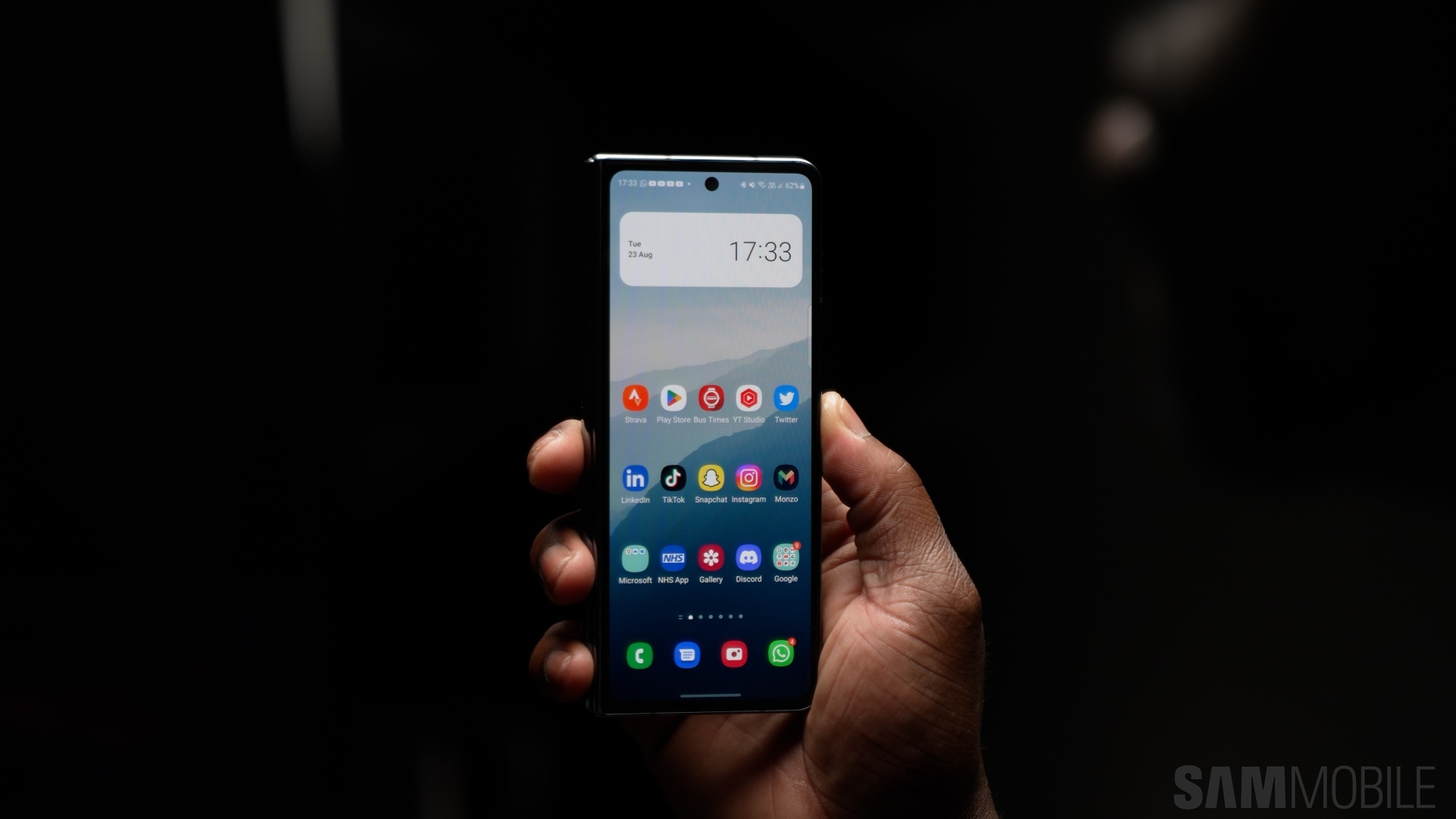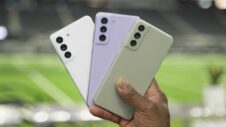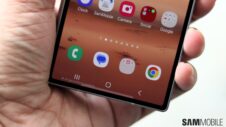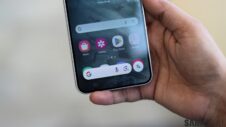Much has been written about Google's foldable ambitions. The company has become a bit serious about its hardware in recent years. It's trying to punch above its weight with the new Pixel smartphone in addition to the new wireless earbuds and smartwatch. We might ostensibly see a Pixel Fold from Google down the road. Plenty of rumors and reports seem to suggest the same.
Despite Google's renewed efforts to become a force to be reckoned with in the hardware space, the amount of money that it makes from selling mobile devices still doesn't account for more than a rounding error on its balance sheets. A foldable would put it in direct competition with Samsung, a company that rules the Android smartphone market. Its dominance can easily be put into perspective by the fact that Google would need half a century to ship as many phones as Samsung does in one single year.
There are several factors that would hold back a Google Pixel Fold from achieving maximum impact. For starters, Google is a vastly different company compared to Samsung. The Korean conglomerate was able to rely on its vertical integration to push the envelope on foldables. Engineering and product advancements from sister companies like Samsung Display enabled Samsung Electronics to put out foldable devices on the market that to this day lack any real competition.
The only thing Google has going for it in this case is its ownership of Android. There is no company under the Alphabet umbrella that it can rely on for crucial components to make its foldable smartphone stand out from the competition. Ultimately, Google would have to source these components either from Samsung or other third-party suppliers. This is going to limit its ability to make any groundbreaking innovation in the foldable space.
Even though Samsung has done a great job of popularizing foldables, millions more now use them as daily drivers, most customers still want the promise of solid after-sales support. There's no denying that foldables still aren't as tough as conventional phones, so you'd want a solid after-sales network backing up your purchase of an expensive foldable smartphone.
Samsung's vast global network remains unmatched and that's one of the reasons why so many customers are willing to take a chance on its foldable devices. They know that official after-sales support is available. I personally benefitted from this when my Galaxy Z Flip 3 required minor repair while I was overseas. All it required on my part was an hour of my day and a trip to an official Samsung service center to sort it all out.
Google simply can't offer that peace of mind to its customers. This effectively limits the reach of its devices. It also holds true for conventional Pixel phones. While Google may be able to support customers in major markets across North America and Europe through partnerships with service providers, it may not be able to provide that level of service in most other markets across the globe.
It's believed that the Pixel devices are a passion project for Google, enabling the company to showcase the best of Android. As far as foldable smartphones are concerned, perhaps that's best left to Samsung. It goes without saying that Samsung is Android. No other company sells as many Android-powered smartphones and tablets as Samsung does in a year.
This won't require Google to do something out of the ordinary. It has worked closely with Samsung on enhancing the software experience for foldables ever since Samsung introduced these devices. Google simply needs to expand its cooperation with Samsung in this department to enable the best foldable smartphones in the world to showcase the best of Android. In my view, anything other than that would just be an exercise in futility.







